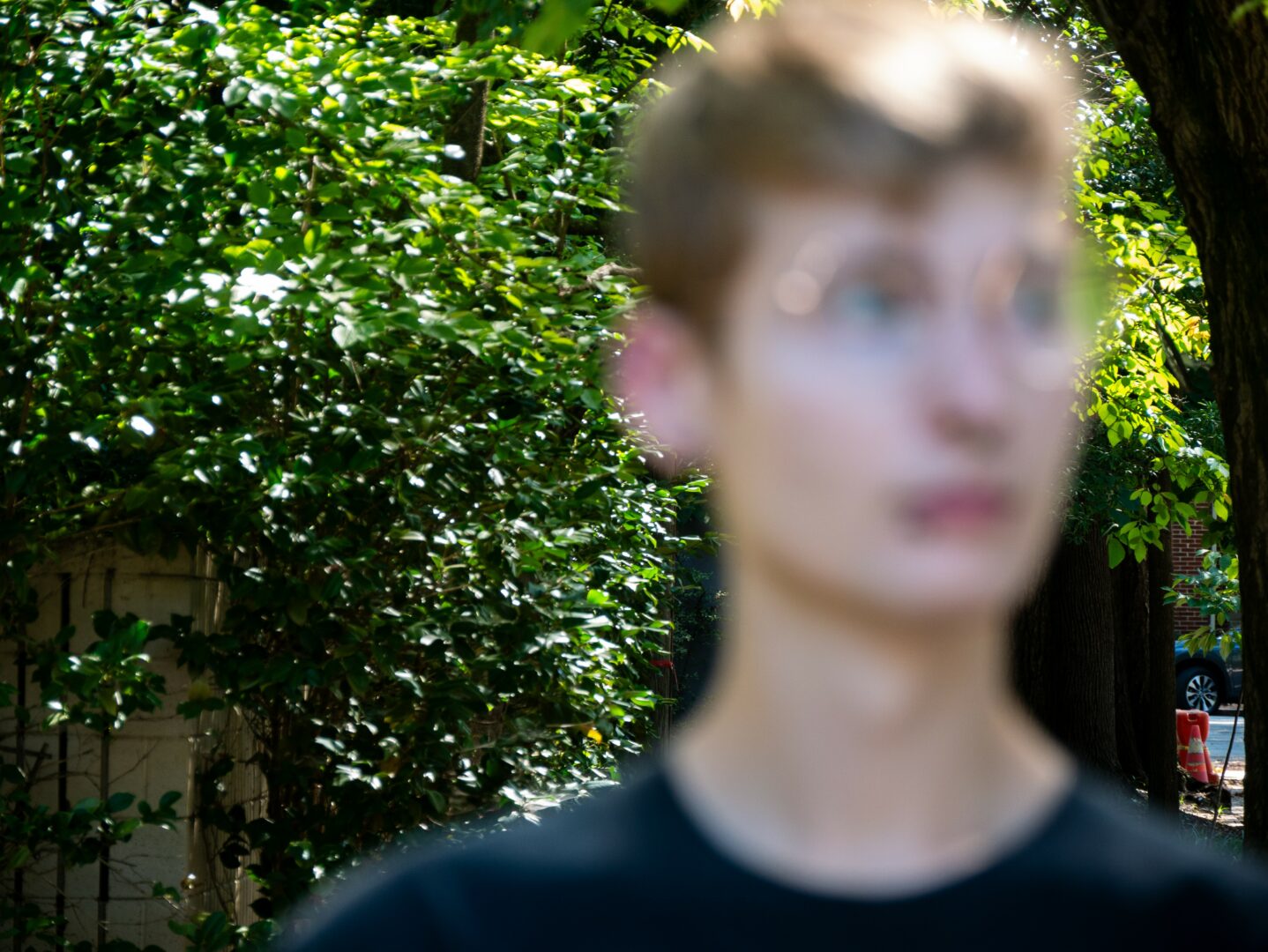We caught up with the brilliant and insightful Aharon Weinstein a few weeks ago and have shared our conversation below.
Aharon, we are so deeply grateful to you for opening up about your journey with mental health in the hops that it can help someone who might be going through something similar. Can you talk to us about your mental health journey and how you overcame or persisted despite any issues? For readers, please note this is not medical advice, we are not doctors, you should always consult professionals for advice and that this is merely one person sharing their story and experience.
I have struggled with mental health issues my whole life. I was diagnosed with depression, and some anxiety disorder that I don’t recall the name of, when I was in elementary school. I was abused when I was a little kid and it caused those mental health issues to drastically worsen. I self-harmed almost daily and was eventually sent to a psychiatric facility for self-harming and repeated suicide attempts in early grade school. While I had support from some of my family, my mental health struggles made it almost impossible to make friends and socialize with others. I had frequent meltdowns at school and felt almost completely alone because none of the institutions that were, ostensibly, supposed to offer help to someone in my situation would do anything. Eventually, due to my issues being around others, I just completely shut down and barely even talked to my family let alone anyone else for a while. Once I entered 5th grade there was constant pressure for me to talk to other kids and socialize more. I stopped being allowed to spend recess alone writing or drawing and was forced to play with others. I was so stressed and had no idea how the hell to talk to other people so I just mirrored the behaviors of others which never ended well. I hated who I had to be, but it got people off my back about socializing. I didn’t really make an authentic friend until seventh grade, but eventually we drifted apart and didn’t talk much until late twelfth grade; we lost touch after graduating. From there my mental health collapsed pretty quick. It then worsened when my father caught COVID-19 and medically died in the hospital for roughly twenty minutes. Thankfully the doctors were able to bring him back and he has recovered, but going through those months while starting university was brutal. I was in many ways completely alone, I stopped eating for the most part, and didn’t have anyone to talk to except my sister and my dad’s girlfriend. Things did start to get better for me once I started making friends in university. I still don’t have many close friends, however I do know lots of people. I have a new best friend Stanley who has been very supportive of my work, along with my family, and I have been building coping mechanisms to help manage my mental health issues. It’s still a massive uphill battle and most days are rough. Living in a country full of people who want to rape and kill you for being transgender doesn’t help. Constantly being threatened as you walk through the city, people telling me to cut my d*ck off, threatening to “give me the surgery”, making prostitute jokes, and in cases outright threatening to kill or sexually assault me takes a massive toll. That said, watching people see this happen and just walk on is much worse. I don’t think I can live in Atlanta and have good mental health. Building community and developing coping mechanisms is great, but those things will never be able to substitute living somewhere that is less bigoted.
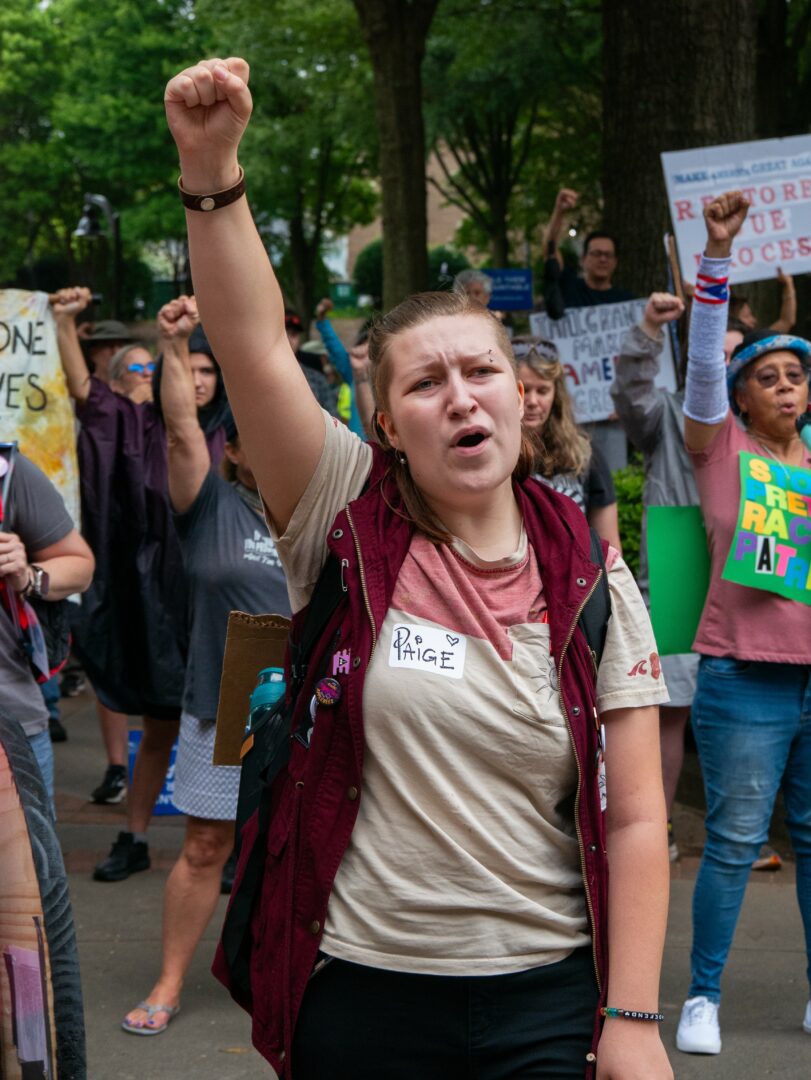
Let’s take a small detour – maybe you can share a bit about yourself before we dive back into some of the other questions we had for you?
I am an interdisciplinary artist that currently works in the photographic and videographic mediums. Within photography I mostly focus on nature, street, and documentary projects. As far as my videography work goes it is mostly contained to documentary projects as well. I am mostly known for my degreeless journalistic work covering protests, union outreach events, and local civil rights organizing.
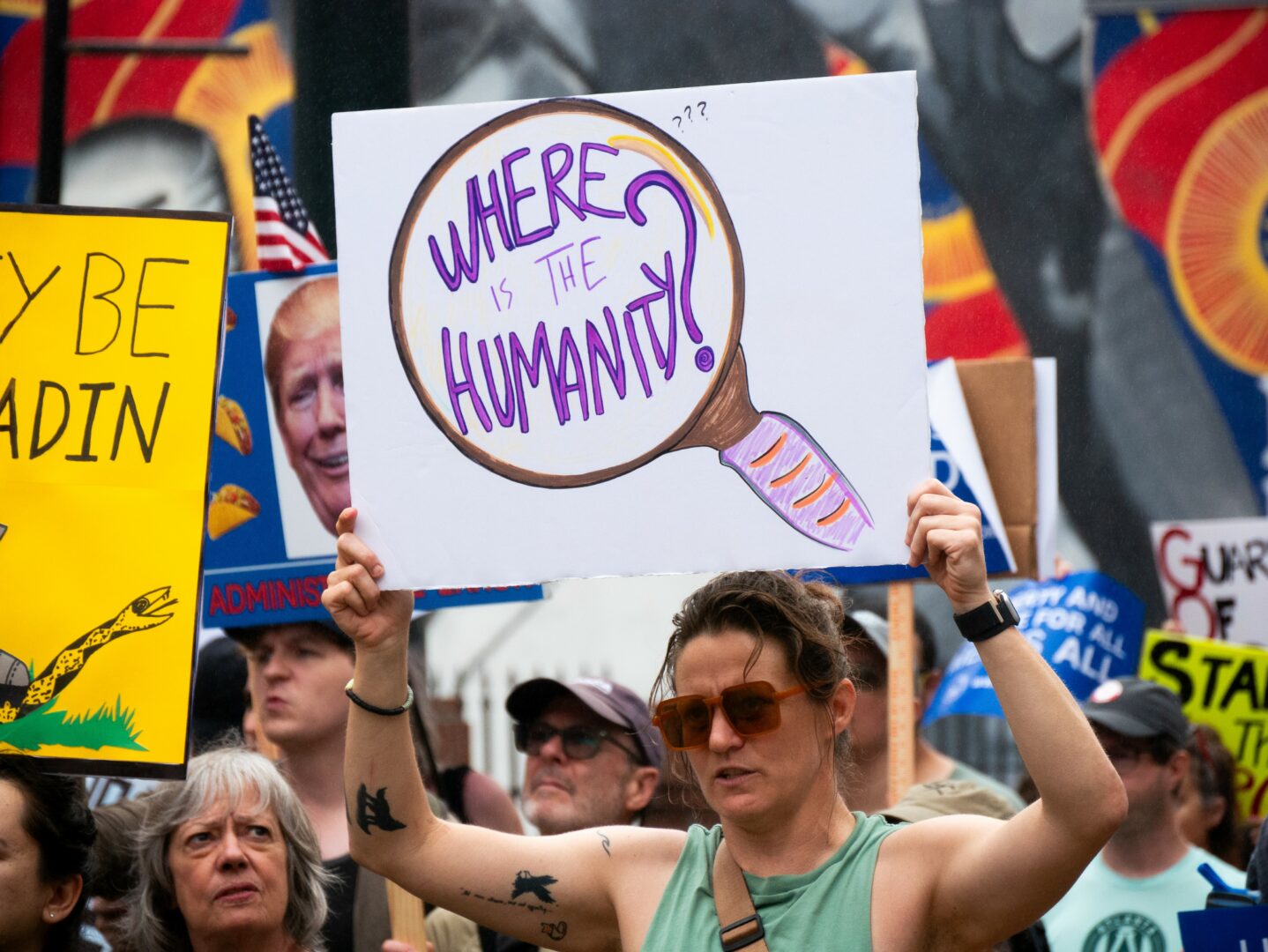
There is so much advice out there about all the different skills and qualities folks need to develop in order to succeed in today’s highly competitive environment and often it can feel overwhelming. So, if we had to break it down to just the three that matter most, which three skills or qualities would you focus on?
First and foremost a desire to learn. I think lots of people get into art because they like the idea of being an artist. There is this trend of people who don’t value art, don’t care about creating, but love the social aesthetic of what being an artist means and subsequently decide to try to become an artist. Eventually, they just fall out of it and move onto something else. Being sincere in efforts and actually loving the process and having something to say is essential; a strong component of that is a serious desire to learn and grow as an artist. When it comes to how to develop these skills all I can say is you just have to start creating. You need to strive to not just learn different skills, but sharpen them and actually create. Stop buying random crap because it seems like the thing “an actual artist uses” and start actually making art. Through making art you will learn what tools you need and don’t have; avoid buying into the gear talk and just create.
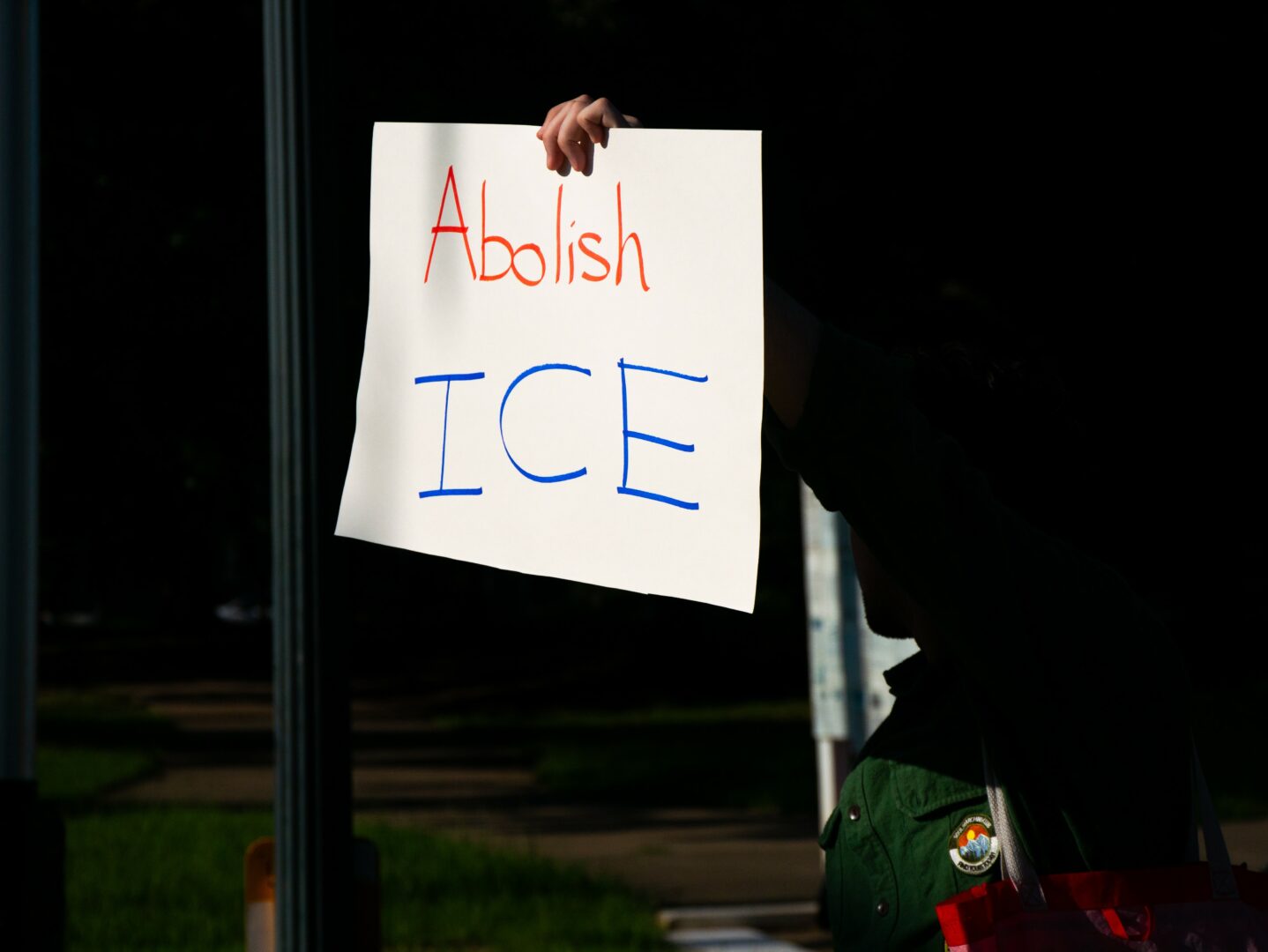
Do you think it’s better to go all in on our strengths or to try to be more well-rounded by investing effort on improving areas you aren’t as strong in?
I think that it is good to build upon your strengths, but never at the expense of learning new things and working on where you come up short. I see so many very well known photographers, people who teach, people who get documentaries made on their work, then I see it and instantly go “Oh yeah… he didn’t learn to compose huh?” It’s not to say that these people are bad at what they do or undeserving of their position, but rather that they could improve and actively don’t. I often tell other artists I never want to develop a style, but rather characteristics. Once artists get a style they seem to stagnate and never change; their work becomes boring and stale fast. I love getting a good photo, but if the subject is interesting enough to capture should I not do what I can to ensure they are properly exposed and composed? Should I not try to learn everything I can to make those moments where I capture something as good as they can be? I don’t know. Many people have different perspectives here and often their answers don’t reflect their work. I am in a rut at the moment myself, but the goal is to break out of it not find a way to grow within its confines.
Contact Info:
- Instagram: https://www.instagram.com/aharonsweinstein/
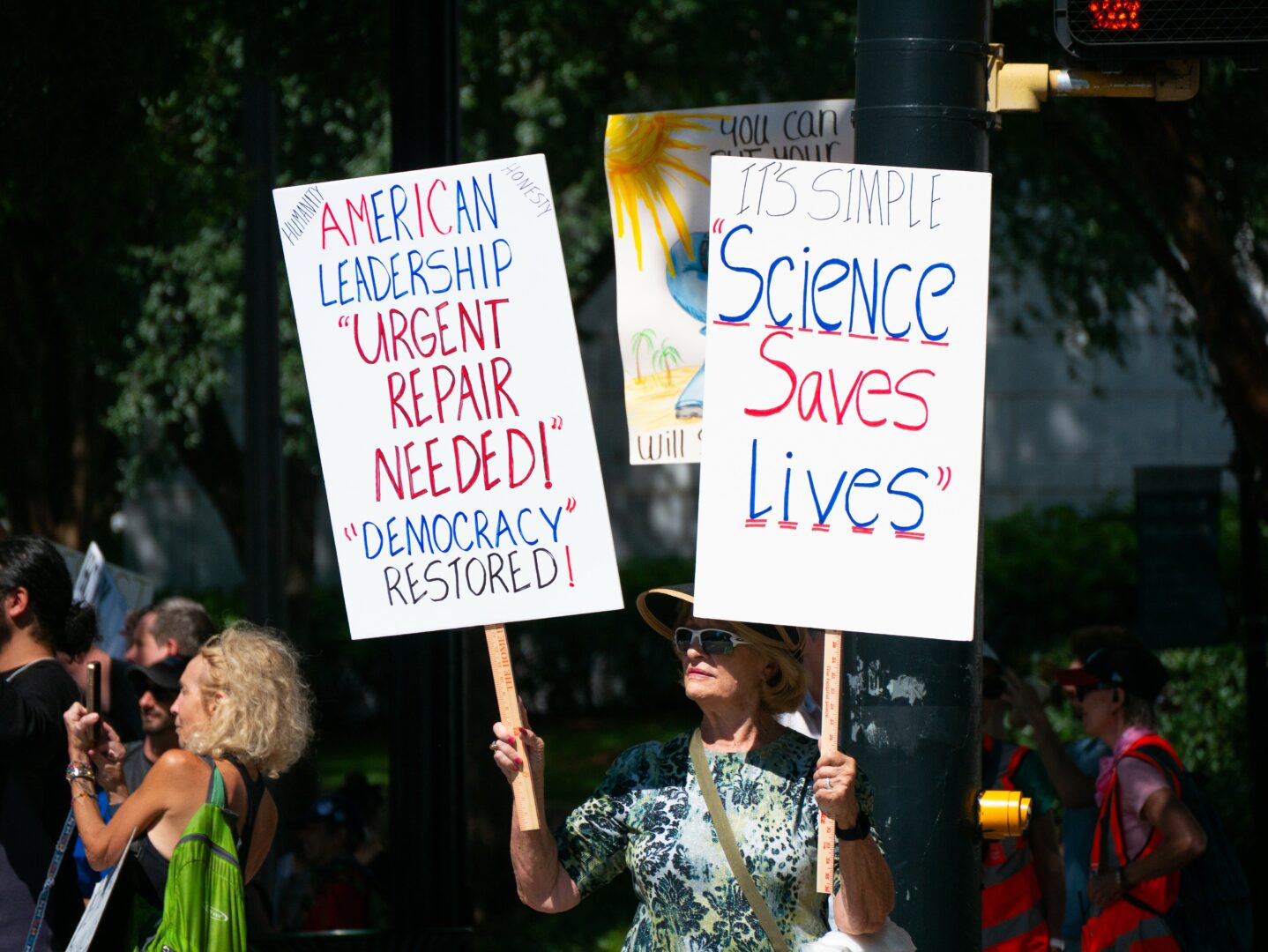
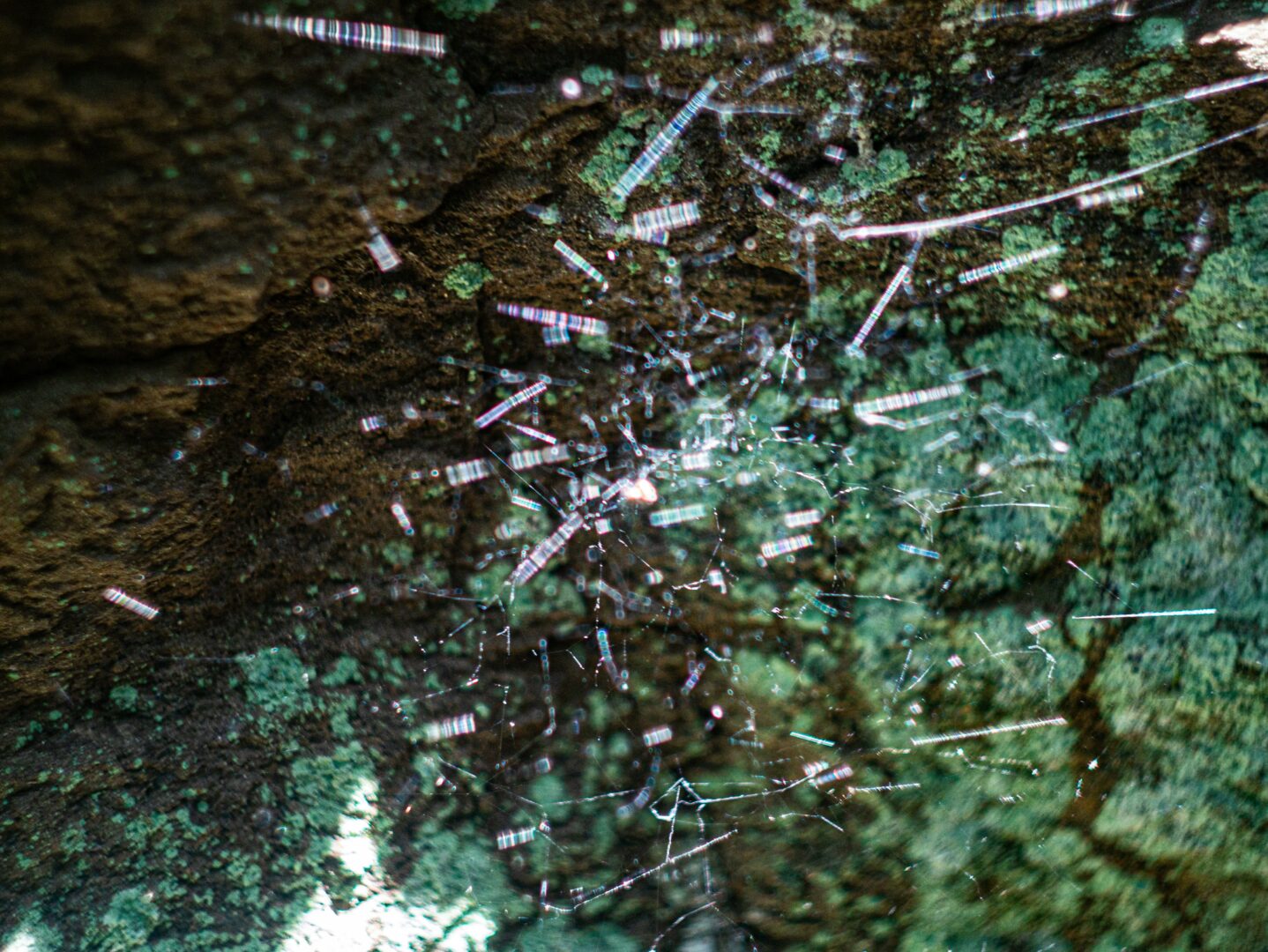
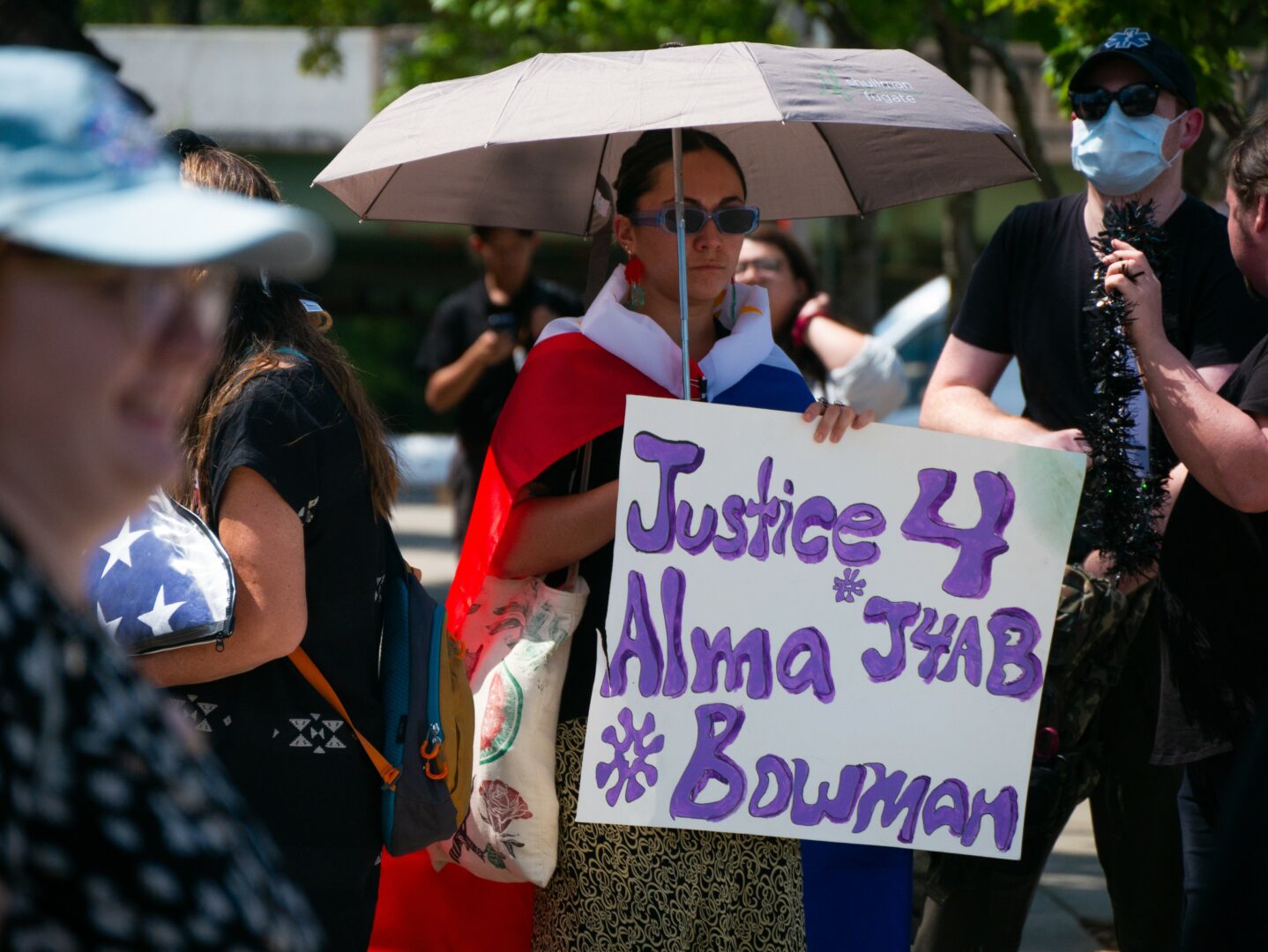
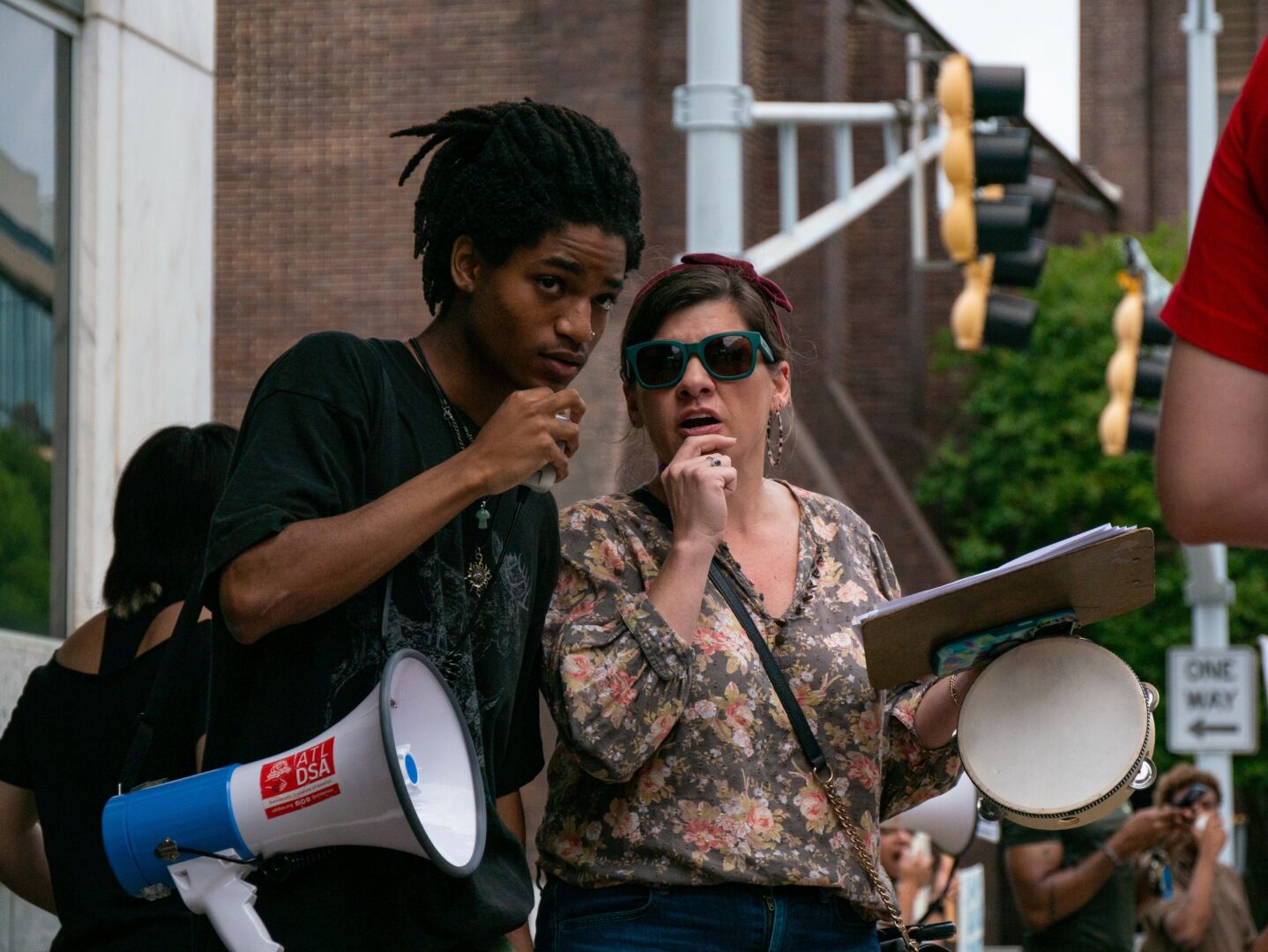
Image Credits
Aharon Weinstein (Mine)
so if you or someone you know deserves recognition please let us know here.

